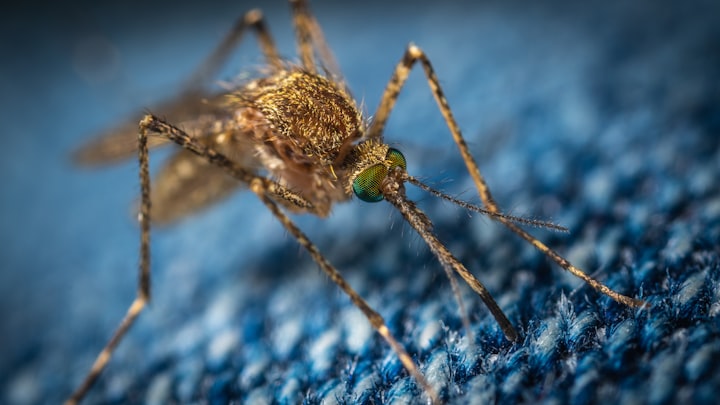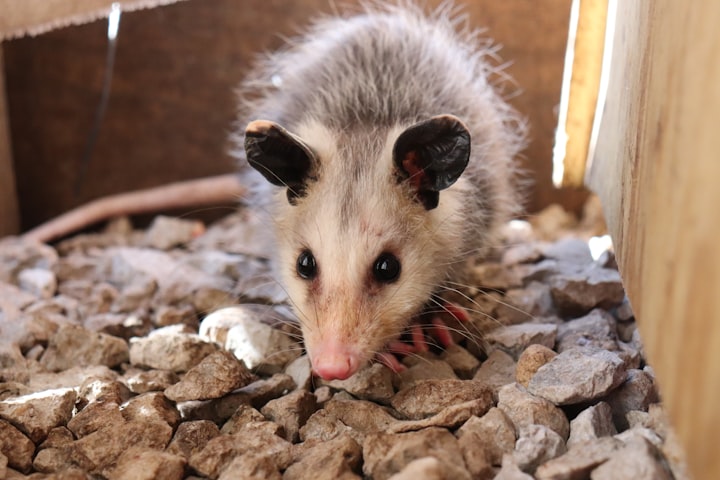
The year 2020 presented challenges on a grand scale. The coronavirus wreaked havoc globally, forcing entire nations to shut down their economies to “flatten the curve.” Hospital admittances skyrocketed, people donned masks and social distancing became all the rage. I guess I shouldn’t use the past tense. We are well into 2021, and though the positivity rates for Covid are dropping in the United States, there are still Coronavirus hot spots around the globe. I doubt we will stop using the term “pandemic” any time soon. Since that is the case, maybe now is not a good time to turn the Florida Keys into a science experiment.
I hate mosquitos.
These pesky little insects can turn a beautiful Summer night into an ugly nightmare. Those tiny, buzzing, mini velociraptors bite, leaving in its wake itchy welts and sometimes disease. Trucks that run up and down the streets spraying chemicals and cans of OFF bought at Walmart do little to dissuade these blood suckers from ruining your time outdoors. So, it is no wonder that some folks in Florida are outraged that 500 million genetically modified mosquitos will be released in the Florida Keys.

I have a hard time wrapping my mind around why scientists consider releasing a horde of mosquitos on the heels of a pandemic a good thing. They insist the genetically modified male mosquitos serve a beneficial purpose. Supposedly, they will be used to kill off an invasive species of mosquito responsible for deadly diseases like Zika. The altered males will seek out females. All females conceived will die because of lab designed genetic modifications, leaving only males. Over time, the male population will die off as well. Male mosquitos cause little threat because only the females bite. The Environmental Protection Agency pledges to stop the process if any genetically modified females survive to adulthood. I hate to imagine the possible consequences of that outcome.
If females survive, will they grow to the size of pterodactyls, swooping in and snatching small children from the playground? Will they remain small, but bite people injecting a DNA altering venom? Will those bitten, glow in the dead of night? Maybe.
The insects have also been given a gene that becomes luminescent under certain lights. Scientists consider this a safeguard of sorts. They can easily identify and track descendants of the altered mosquitos. I guess Floridians and tourists to the region could invest in black light flashlights and go on insect expeditions through the Everglades.
Sometimes Science oversteps its bounds. "When you disrupt an ecological system whether it's a small disruption or a big disruption, you're going to have an impact," said Dana Perls, program manager at Friends of the Earth, a Washington, D.C.-based environmental advocacy group that opposes the project. "History has taught us time and time again that we need serious precaution with new genetic engineering experiments and technologies," Perls continued. "Once you release this genetic material into the wild, you can't recall it."
Thankfully, mosquitos seldom travel further than three miles from their breeding grounds. However, what if these genetically modified spawns of science jet off across the Country? What if the genetic code gives them super insect powers and they attempt to take over the world? Think Ant Man, but living as a villain terrorizing citizens around the globe.
Of course, I am being facetious. However, when Science starts dabbling in the Providential acts of nature, we risk the potential of dangerous and consequential outcomes and nothing good can come from that.

Maybe instead of masks, the Government should preemptively order all its citizens to buy and wear beekeeper suits. We can wear them to the store, to the gym, to church and in our cars. Surely, the protective apparel would shield us from attack until this mad scientist experiment runs its course.
About the Creator
Bryan R..
Husband. Father. Music and Youth Pastor. I enjoy writing as a hobby.






Comments
There are no comments for this story
Be the first to respond and start the conversation.